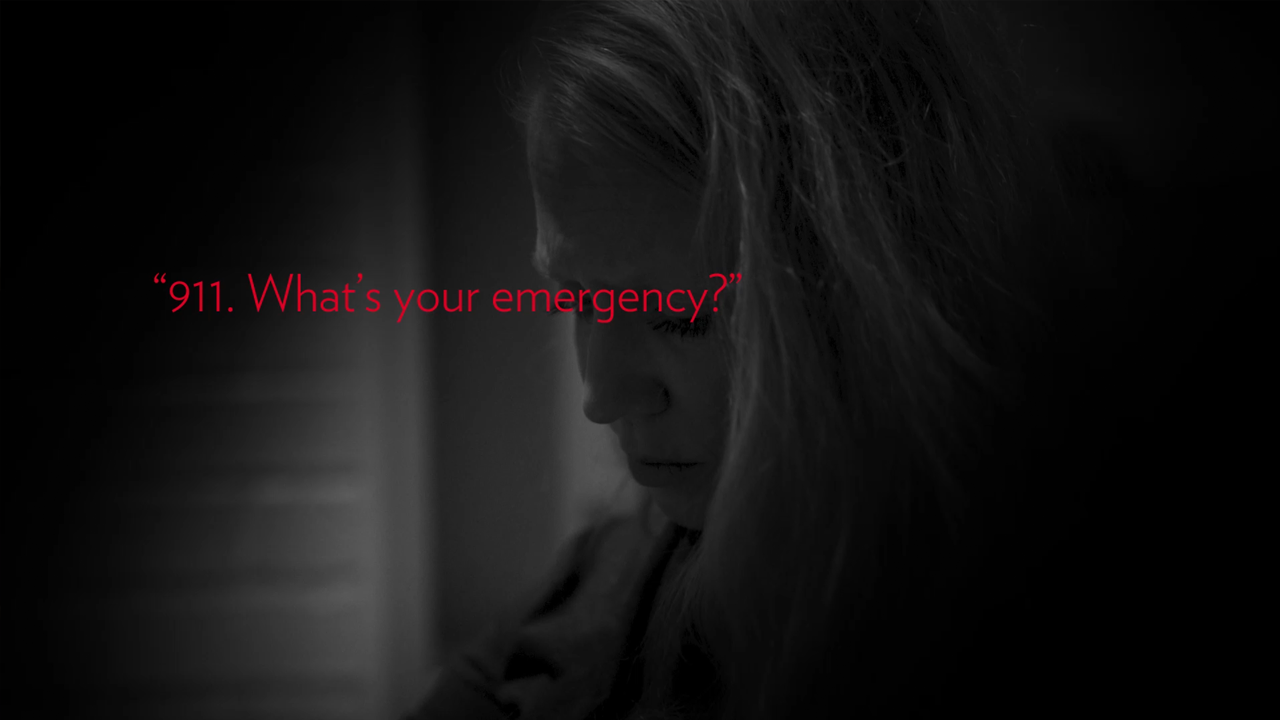As she called 911, she thought about her two children, both in their early 20s. She asked herself how this was happening to a previously healthy person like herself. Hearing the sirens from emergency medical services (EMS) coming within minutes, she prepared herself for what was to come, not knowing it was as bad as it was.
From a young age, Karrie had lived with an autoimmune disease, a disease where the immune system attacks healthy cells in the body. With the disease well under control by adulthood, she considered herself a pretty healthy person and certainly one living a good life. “I’m a very independent person,” she explained. “I raised my children by myself and never imagined a scenario where I would be the one dependent on them or anyone else.”
When Karrie was diagnosed with COVID-19 on Nov. 13, 2020, she didn’t feel bad physically. Shortly after the date of diagnosis, however, she developed a fever that rose as high as 104 degrees Fahrenheit. Her rheumatologist had her stop taking her autoimmune medications. After four days of not eating or drinking, she went to the Emergency Department at UC Health’s West Chester Hospital. There, she received fluids and antinausea medication and was able to eat a few popsicles. But, her fever persisted.
During a virtual visit, Karrie’s primary care physician discovered her blood oxygen level was at 84% and that her fever continued – and he recommended that she go back to the emergency room. Karrie was on Day 10 of her COVID-19 diagnosis, so she hoped that she would turn the corner soon. She decided to wait it out.
The next morning was the day she called 911.


